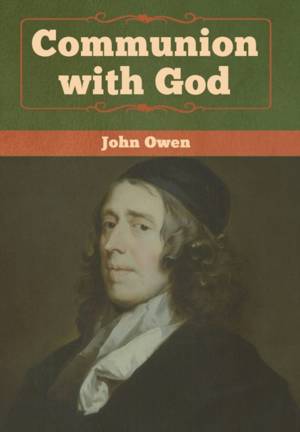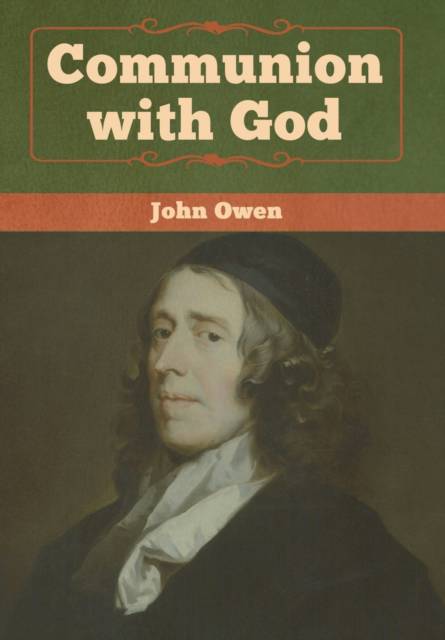
- Afhalen na 1 uur in een winkel met voorraad
- Gratis thuislevering in België vanaf € 30
- Ruim aanbod met 7 miljoen producten
- Afhalen na 1 uur in een winkel met voorraad
- Gratis thuislevering in België vanaf € 30
- Ruim aanbod met 7 miljoen producten
Omschrijving
John Owen, (born 1616, Stadhampton, Oxfordshire, Eng.--died Aug. 24, 1683, London), English Puritan minister, prolific writer, and controversialist. He was an advocate of Congregationalism and an aide to Oliver Cromwell, the lord protector of England (1653-58).
Appointed rector of Fordham, Essex, in 1642, Owen was made vicar at nearby Coggeshall in 1646 after preaching a notable sermon before Parliament the same year. At Coggeshall he came out in favour of Congregational autonomy in church government. His frequent preaching before Parliament led to his attachment to Cromwell, whose policies against the monarchy Owen began to support. After the execution of King Charles I by Cromwell's partisans in January 1649, Owen accompanied Cromwell on his military ventures to Ireland and Scotland (1649-50).
As chancellor of Oxford, Cromwell appointed Owen vice chancellor in 1652, a post he held until 1657. He was also dean of Christ Church Cathedral (1651-60) and was elected in 1654 to represent Oxford in Parliament, but he was later disqualified because of his clerical vocation. Reserved in his support of Cromwell, Owen opposed plans to offer the English crown to him and avoided participation in Cromwell's installation in the office of lord protector in 1653. Owen abandoned politics on the restoration of the monarchy in 1660, when the House of Commons removed him from his position as Christ Church dean.
Among his works are historical treatises on religion, several studies of the doctrine of the Holy Spirit, and defenses of Nonconformist, or Puritan, views. An edition of his Works, edited by W.H. Goold, comprises 24 volumes (1850-55). (britannica.com)
Specificaties
Betrokkenen
- Auteur(s):
- Uitgeverij:
Inhoud
- Aantal bladzijden:
- 260
- Taal:
- Engels
Eigenschappen
- Productcode (EAN):
- 9781618957702
- Verschijningsdatum:
- 6/01/2020
- Uitvoering:
- Hardcover
- Formaat:
- Genaaid
- Afmetingen:
- 152 mm x 229 mm
- Gewicht:
- 535 g

Alleen bij Standaard Boekhandel
Beoordelingen
We publiceren alleen reviews die voldoen aan de voorwaarden voor reviews. Bekijk onze voorwaarden voor reviews.











